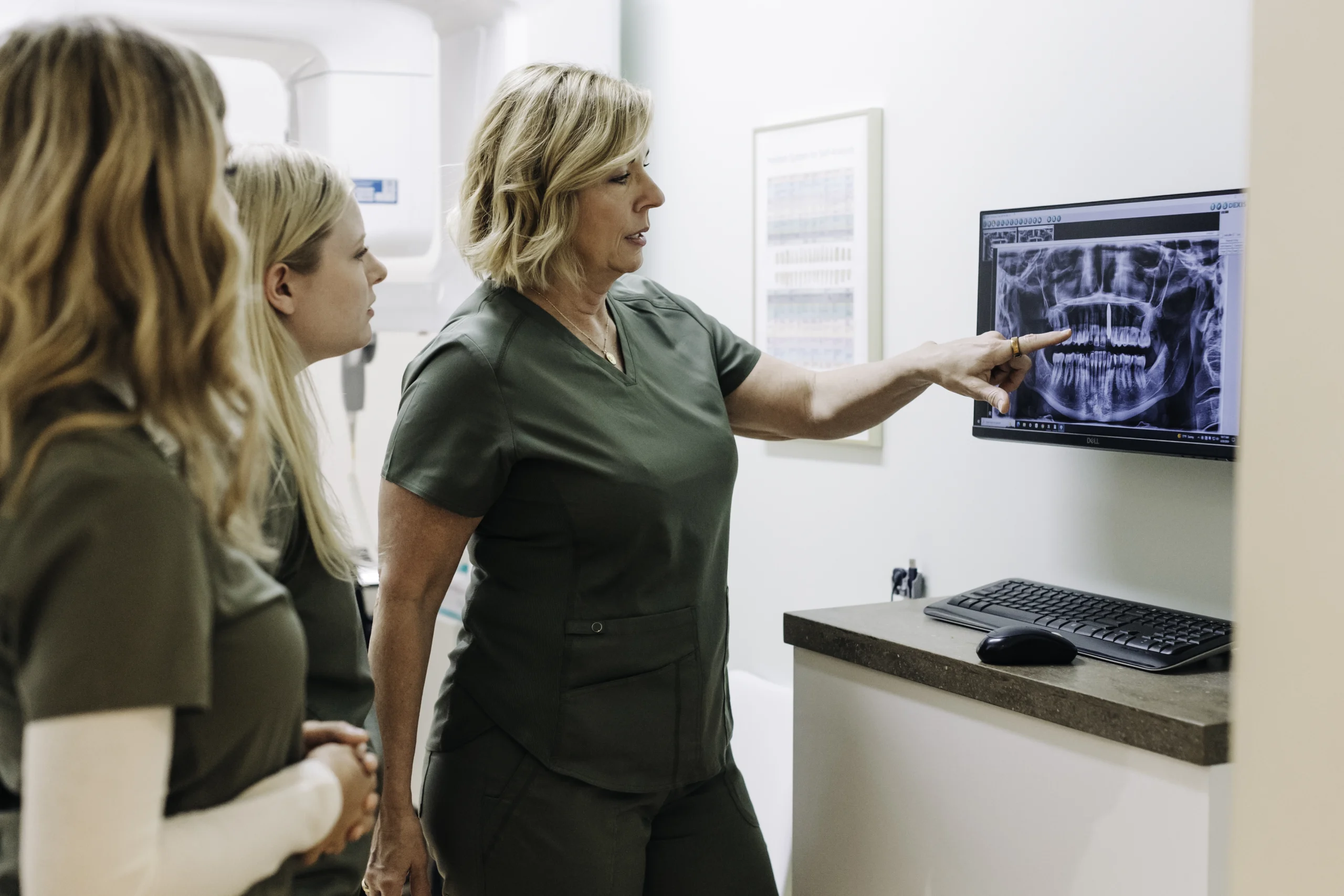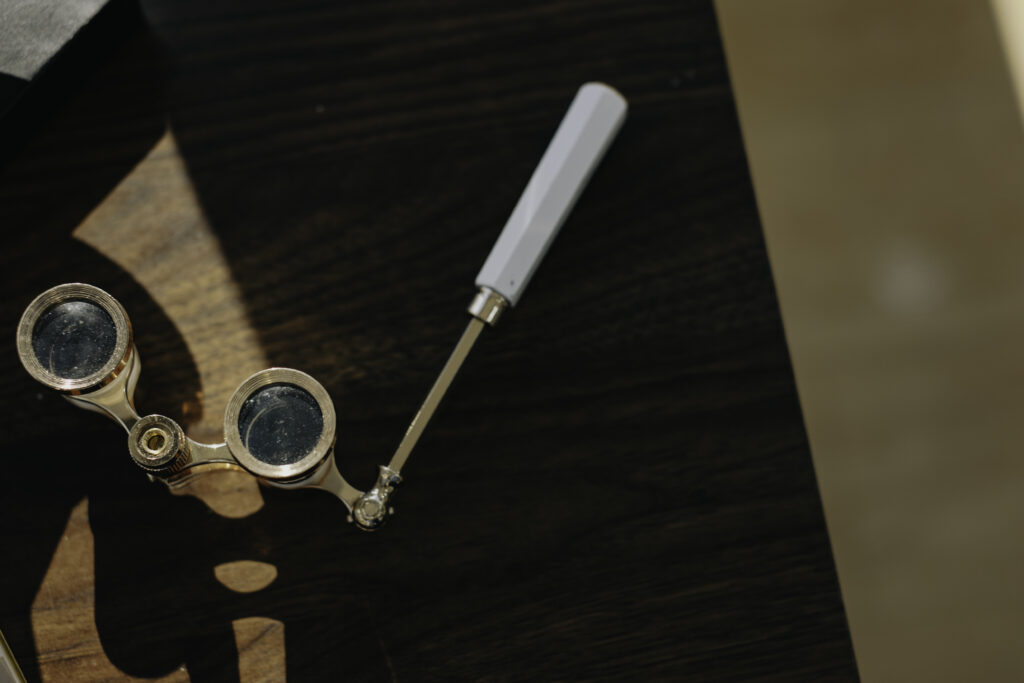In the realm of dental care, root canals often evoke a mixture of fear and confusion among patients. As a common procedure aimed at saving damaged teeth, root canals have been performed for decades. However, with growing interest in holistic health and biological dentistry, many are questioning the long-term implications of this treatment. This article explores the nature of root canals, the concerns surrounding them, and the potential alternatives from a biological dentistry perspective.

What is a Root Canal?
A root canal is a dental procedure designed to save a tooth that is severely decayed or infected. During this procedure, the dentist removes the pulp—the innermost part of the tooth—cleans and disinfects the root canals, and then seals them to prevent further infection. Root canals aim to preserve the natural tooth, allowing patients to maintain functionality and aesthetics in their smile.
Why Are Root Canals Questioned?
While root canals are widely practiced and can be successful in many cases, they are often questioned in the biological dentistry community for several reasons. One concern is the potential for lingering bacteria to remain in the canal even after treatment. Some studies suggest that this can lead to systemic health issues, as these bacteria may contribute to chronic inflammation or infection in other parts of the body. Additionally, some patients experience ongoing discomfort after the procedure, raising concerns about the long-term viability of the treated tooth.
The Biological Dentistry Perspective
Biological dentistry emphasizes the connection between oral health and overall health. Practitioners in this field focus on using minimally invasive techniques and biocompatible materials. They advocate for thorough assessments and personalized treatment plans that consider the unique needs of each patient. The biological perspective encourages exploring the potential risks and benefits of root canals while being open to alternative treatment options.
Holistic Alternatives to Root Canals
For those seeking a more holistic approach, several alternatives to traditional root canals are available. One option is to extract the affected tooth and consider biocompatible materials for replacement, such as a dental implant or bridge. Other alternatives may include therapies like ozone treatment or herbal remedies aimed at reducing inflammation and promoting healing. These methods prioritize the overall health of the patient and seek to minimize any potential toxicity associated with conventional dental procedures.

Which is Healthier: Root Canal or Implant?
When considering the health implications of a root canal versus a dental implant, various factors must be evaluated. Root canals can effectively preserve a natural tooth, allowing for continued function and aesthetics. However, if the tooth cannot be saved or poses ongoing health risks, a dental implant may be the healthier long-term solution. Dental implants are typically made from biocompatible materials and can integrate with the jawbone, promoting overall oral health.
Ultimately, it is essential to consult with a biological dentist who conducts a comprehensive diagnosis, including imaging and other assessments, to ensure that all options are explored based on the patient’s unique needs.
Conclusion
In conclusion, whether considering a root canal or exploring alternatives, engaging in open dialogue with dental professionals is crucial. Biological dentistry emphasizes a patient-centered approach that considers both traditional and holistic perspectives, prioritizing health and well-being. Oral health is a vital component of overall health, and informed decisions can lead to better outcomes in dental care. By understanding the implications of root canals and the available alternatives, patients can make choices that align with their values and health goals.
Frequently Asked Questions
Curious about how biological dentistry can support your health? Reach out to Dr. Sharon Dickerson for a personalized consultation. Whether you’re considering a root canal or exploring holistic alternatives, Dr. Dickerson can help you make informed choices that align with your health goals. Contact her today to schedule an appointment!

